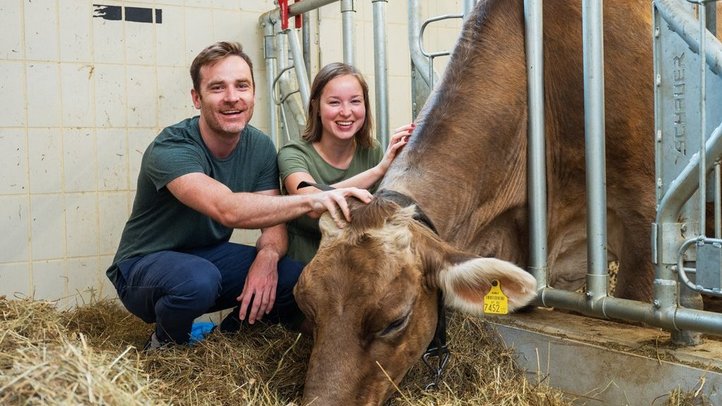Learning about microbes through science communication
In the Sparkling Science project Micro-Tramper, young people analyse, among other things, the genome of microbes in food production and evaluate established hygiene measures in small family businesses. To make the project results and knowledge about microbes known to the public, experienced science communicator Bernhard Weingartner (Vienna University of Technology) shows the students how to communicate their knowledge to the public using various formats.
In this interview, Bernhard Weingartner talks about his work with young people and provides tips for successful science communication.
- Online micro-parties, micro-flashmobs, a microbiome song.... What's behind them?
- Why do you rely on such formats?
- How important is it for research to be comprehensible?
- What role does language play in this?
- What is the best way to counter science skeptics?
- What three communication tips would you like to give researchers?
More information
- Sparkling Science project: Micro-Tramper
